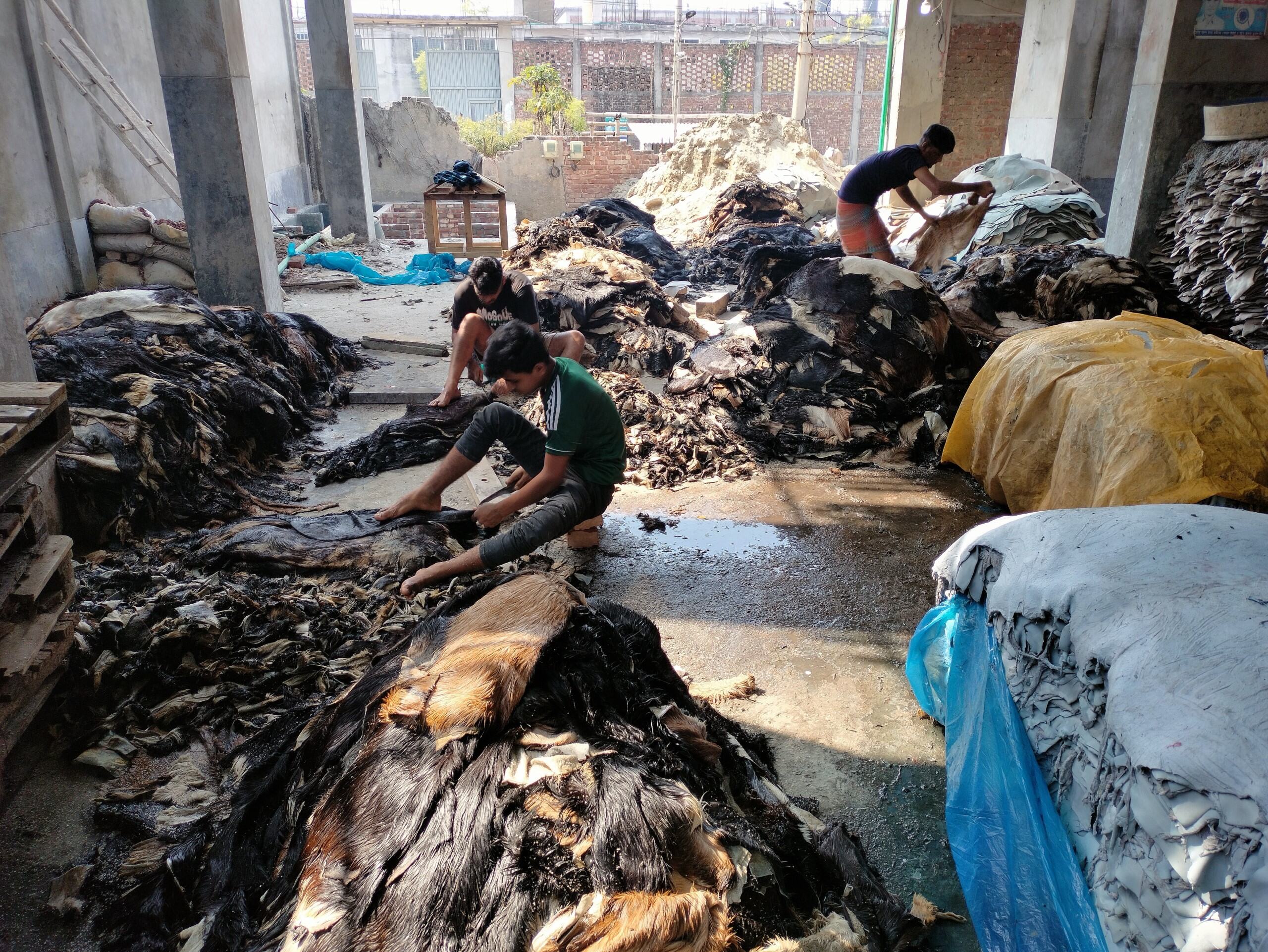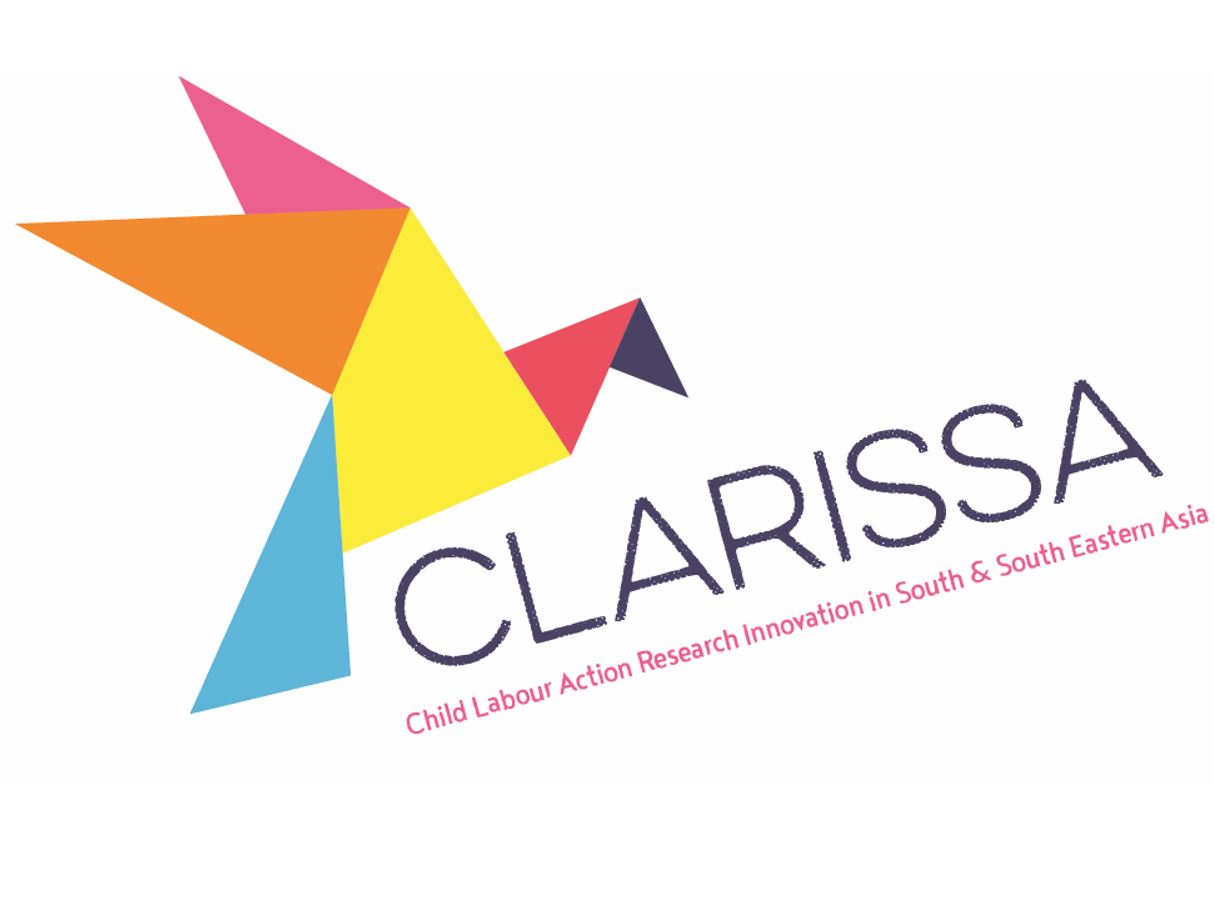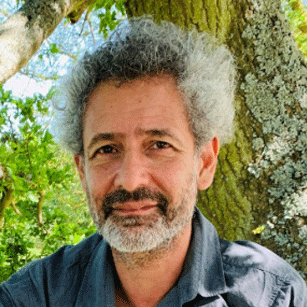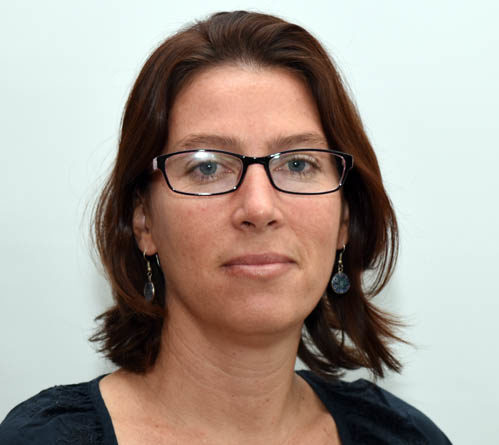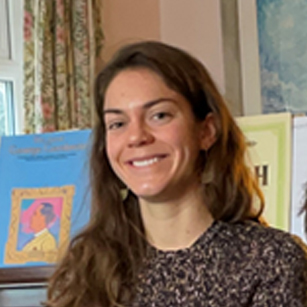The CLARISSA programme generated deep knowledge about the dynamics of the worst forms of child labour and modelled innovative change processes. The geographic focus was Bangladesh and Nepal (and Myanmar until 2021).
The methodology was Systemic Action Research and child-centred, participatory and qualitative research. Through working in selected sectors and specific neighbourhoods, three interrelated pathways supported movement from activities to short and long-term outcomes. The project produced important learning for the future of child labour prevention and response. CLARISSA also implemented a social protection pilot in Dhaka which combined universal and unconditional cash transfers with casework support and community mobilisation.
Read more
The CLARISSA programme generated deep knowledge about the dynamics of the worst forms of child labour and modelled innovative change processes. The geographic focus was Bangladesh and Nepal (and Myanmar until 2021).
The methodology was Systemic Action Research and child-centred, participatory and qualitative research. Through working in selected sectors and specific neighbourhoods, three interrelated pathways supported movement from activities to short and long-term outcomes. The project produced important learning for the future of child labour prevention and response. CLARISSA also implemented a social protection pilot in Dhaka which combined universal and unconditional cash transfers with casework support and community mobilisation.
Visit the programme website
CLARISSA’s focus was on surfacing key drivers of the worst forms of child labour and developing interventions to counteract them (preventing push factors at community, family and individual level and pull factors from small businesses).
The primary beneficiaries were children in the worst forms of child labour and those vulnerable to being drawn into it, plus small businesses in need of practical solutions to child-labour free supply chains. Policymakers, NGOs, and researchers benefitted from a new knowledge of what works.
Action Research for innovation
We generated evidence, activities and interventions through a large-scale Action Research process. Interventions and innovations included small scale solutions to local problems and behaviour change initiatives. Action Research is a programming modality which combines evidence gathering and learning from action. Employed in CLARISSA, it enabled groups of children and groups of small business owners to meet over a period of time to consider and gather evidence, to generate theories of change about interventions; to plan and programme innovative solutions; test the solutions in real-time, and then to evaluate them.
In this way, Action Research groups acted as engines of new innovation. Multiple and parallel action research groups were linked to form a sophisticated architecture for adaptive learning and management (systemic Action Research), ensuring throughout that children were central to this process.
CLARISSA was successful in co-developing, with children and small business owners, innovative and context-appropriate ways to increase options for children to avoid engagement in hazardous exploitative labour.
Thematic and geographical focus
In Nepal, CLARISSA’s focus was the adult entertainment sector in several neighbourhoods in the Kathmandu valley, and in Bangladesh it was the leather supply chain in the Hazaribagh and Hemaytpur neighbourhoods in Dhaka. Central to the programme design were 29 participatory processes: 25 participatory Action Research (PAR) groups (across the two countries), plus a children’s’ research group and a children’s advocacy group in each country. In addition, in Bangladesh, an innovative social protection intervention was undertaken comprising universal and unconditional provision cash transfers together with family-oriented case work and community development facilitation in one slum neighbourhood in Hazaribagh, Dhaka reaching 1,800 households.
CLARISSA was implemented by in-country teams of Country Coordinators, participatory facilitators, documenters, MEL specialists, safeguarding leads, researchers, and community facilitators (with support from international members of the consortium partners).
Partners
The programme was led by IDS and was implemented by a consortium which included: Terre des hommes Foundation; ChildHope and Consortium for Street Children, plus their downstream partners Voice of Children (Nepal), CWISH (Nepal), Grambangla Unnayan Committee (Bangladesh) and Dhaka Ashiana Mission (Bangladesh). BRAC Institute of Governance and Development (BIGD) was research partner for the social protection intervention.
Read less
